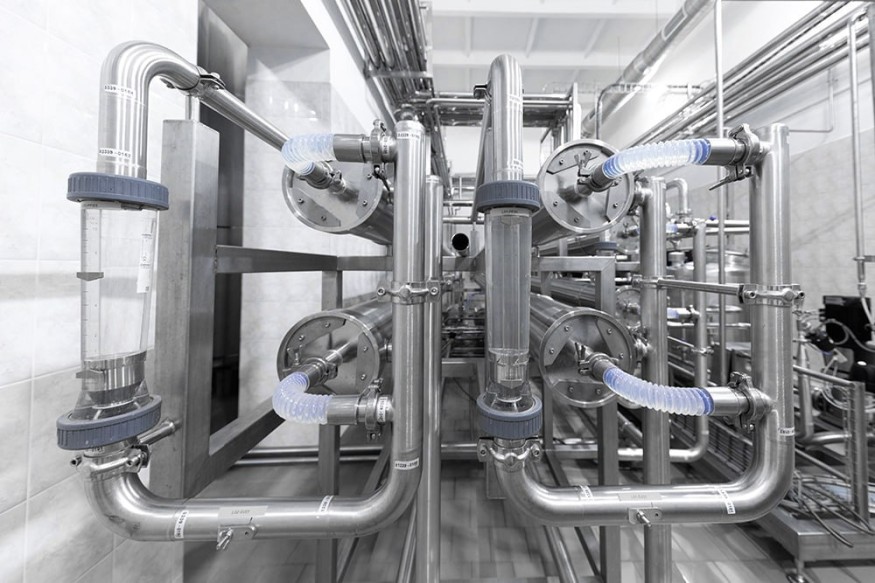
In this discussion, we'll explore the world of industrial washing systems, their attributes, and their diverse applications. We'll delve into the different types of cleaning methods employed and the innovative solutions available.
What industrial washing plants are?
Industrial washing plants employ a wide range of techniques essential for maintaining cleanliness and removing contaminants in various production sectors.
Broadly speaking, we can categorize the most common of them as follows:
- Water-Based washing plants
They utilize water as the primary solvent, often combined with cleaning agents, to eliminate surface contaminants like dirt and grease.
- Low-boiling solvent washing machines
These rely on chemical solvents with low boiling points (below 50°C) to eliminate oily and greasy substances from heat-sensitive materials without causing damage.
- Modified Alcohol industrial washing systems
Utilizing modified alcohol as a cleaning agent, these systems effectively remove dirt, oils, and grease from various materials.
The choice of the cleaning method depends on specific company requirements and the nature of the materials being treated, a topic we will explore in the following section.
Advantages and Applications of Washing Systems
Matching the right washing system to the job is paramount.
The types of industrial washing systems mentioned earlier find applications across different sectors, depending on the nature of the contaminants and the desired level of cleanliness.
Water-based washing—for example—excels in removing polar contaminants and is applied in sectors with rigorous cleaning requirements, such as the medical and aerospace industries.
Solvent washing is ideal for non-polar, non-water-soluble contaminants. It doesn't decay over time and maintains its effectiveness throughout the process, reducing operating costs and waste disposal.
Modified alcohol washing, a subcategory of solvent washing, operates at higher temperatures (above 100°C) and operates under vacuum conditions, offering an economical solution.
Each type of washing method caters to specific needs. DBM Technologies offers consultancy services to help companies determine the most suitable system based on their industry, product, and processing requirements.
For all three types of washing methods, it's important to consider factors such as material properties, part geometry, required cleanliness standards, contaminant types, productivity, and installation space.
Some examples:
For sectors like eyewear, jewelry, and watchmaking, customizable solutions ensure residue-free surfaces, ready for painting or subsequent treatments. In the medical sector, washing quality is crucial, and the drying process is meticulously handled to prevent bacterial formation.
Tunnel or rotary table washing is the best solution for the automotive industry's die-cast components.












